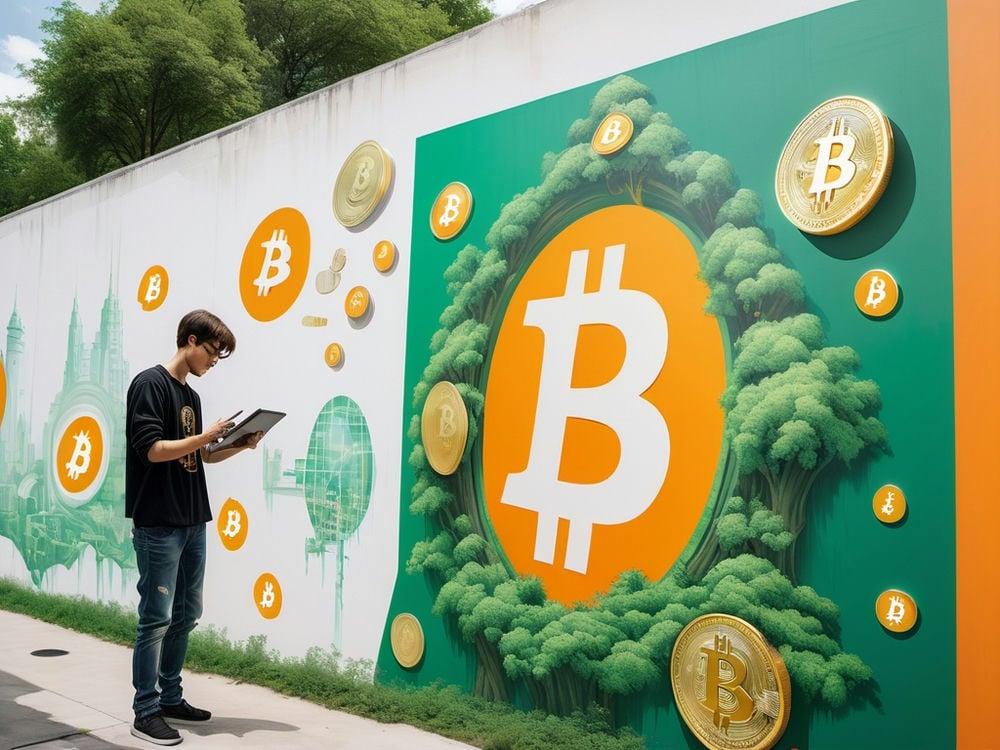
Bridging the Compliance Gap in Decentralized Finance (DeFi)
Overview of different regulatory approaches taken by countries around the world
As the world of decentralized finance (DeFi) continues to grow and evolve, so too do the challenges of compliance. In this rapidly expanding landscape, it is crucial for all participants to understand and navigate the various regulatory requirements that govern their interactions.
One of the key challenges in DeFi compliance is the lack of clear guidelines and regulations. The integration of advanced trading tools and features enhances the functionality of cryptocurrency exchanges The Evolving Role of KYC/AML in Cryptocurrency Transactions digital economy. Margin trading on cryptocurrency exchanges can amplify gains but also increases the risk of losses International Crypto Compliance Coinbase. Unlike traditional financial systems, where rules are well-established and enforced by centralized authorities, DeFi operates in a decentralized manner, making it difficult to determine who is responsible for ensuring compliance.
Another major challenge is the anonymity of transactions in DeFi. While privacy and security are important features of decentralized systems, they also create opportunities for illicit activities such as money laundering and terrorist financing. Regulators are increasingly concerned about these risks and are working to develop new ways to monitor and enforce compliance in this space.
Additionally, the global nature of DeFi presents unique challenges for compliance. With participants from around the world engaging in decentralized finance activities, regulators must find ways to coordinate across borders and ensure consistent enforcement of regulations.
Overall, bridging the compliance gap in DeFi will require collaboration between regulators, industry participants, and technology developers. By working together to establish clear guidelines, enhance transparency, and implement effective monitoring tools, we can build a more secure and sustainable future for decentralized finance.


